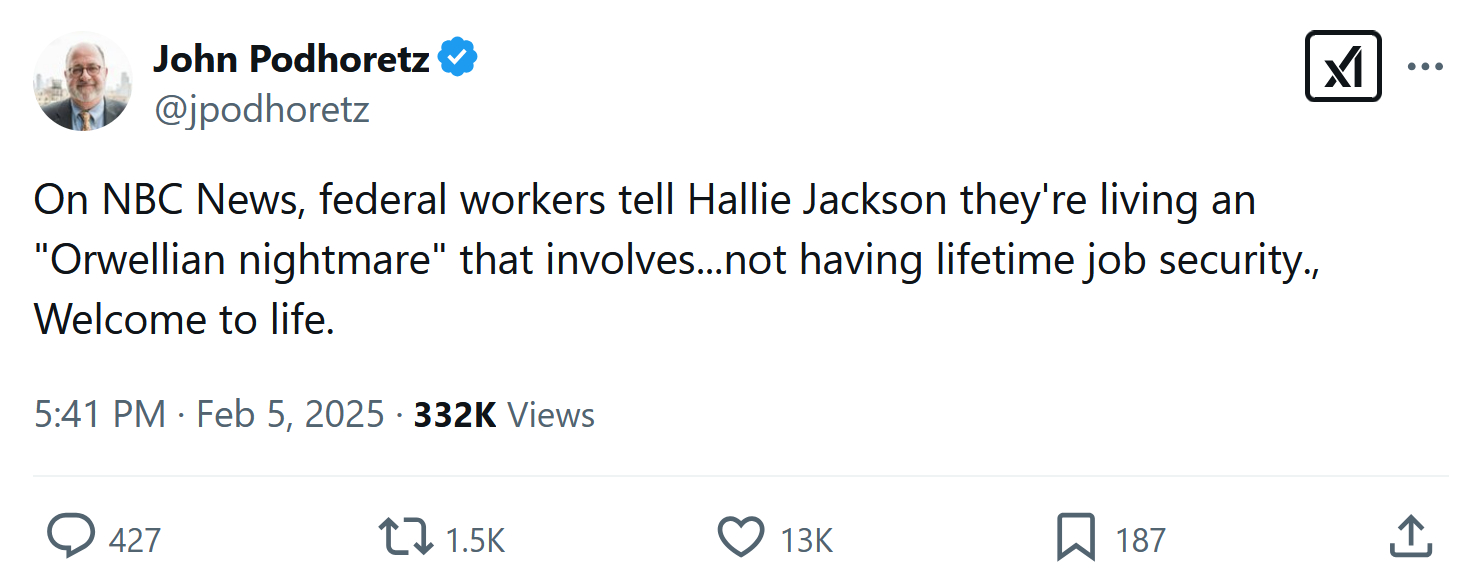JOANNE JACOBS: You may have a few dings, but you’re not ‘broken.’
School curricula and culture “seem nearly to revel in the bad and the broken,” wrote Robert Pondiscio in The Unbearable Bleakness of American Schooling in Commentary in 2022. Children are told they’ve been born into “a country that is racist to its core” and a world that’s doomed to burn to a crisp.
Educators see “this pedagogy of the depressed — America the Problematic — . . . as a mark of seriousness and sophistication,” he writes. They think they’re inspiring children to “set the world right.” But, mostly, they are “creating a generation of overwhelmed young people paralyzed into learned helplessness.”
Related: How the ‘trauma’ cult took over mental health.
You may have noticed over the last decade a steady increase in the promiscuous use of the word “trauma.” A word that once referred exclusively to grievous injuries of body and mind (gunshot wounds, PTSD, that sort of thing) can now describe virtually anything. Psychotherapists and clinical psychologists are the main super-spreaders of this hyperbolic virus, though educators, politicians and of course celebrities are now getting in on the act.
But trauma is more than just an annoying buzz word. Its inexorable creep into common parlance is the culmination of a sustained campaign to politicize healthcare that has been going on for thirty years. Along the way it has resurrected some of Sigmund Freud’s more bizarre theories about childhood development, and married them with social justice concerns to become what is effectively a secular religion.
Anyone who is familiar with the work of Sigmund Freud knows that his psycho-sexual theories developed in two distinct stages. The first posited that people who were mentally or emotionally unwell had repressed traumatic memories (almost always of sexual abuse in their childhood). He eventually gave up on this theory. In its stead he developed his equally infamous theory of infantile sexuality, in which children experienced sexual feelings through different erogenous zones during distinct stages of their development. It may surprise and horrify you to learn that both theories are alive and well in the current mental healthcare establishment, where they have been rebranded into a pseudoscientific theory about childhood trauma that leads to brain damage, addiction, and disease.
The result, as Mark Manson wrote in his 2016 book, The Subtle Art of Not Giving a F*ck, is a nation of adults who have internalized the following beliefs:
The deeper the pain, the more helpless we feel against our problems, and the more entitlement we adopt to compensate for those problems. This entitlement plays out in one of two ways:
- I’m awesome and the rest of you all suck, so I deserve special treatment.
- I suck and the rest of you are all awesome, so I deserve special treatment.
Opposite mindset on the outside, but the same selfish creamy core in the middle. In fact, you will often see entitled people flip back and forth between the two. Either they’re on top of the world or the world is on top of them, depending on the day of the week, or how well they’re doing with their particular addiction at that moment…What most people don’t correctly identify as entitlement are those people who perpetually feel as though they’re inferior and unworthy of the world.
Of course, all of the above was written before the ultimate victims in life’s lottery identified themselves:

